It’s interesting that Lake Paradise is so close to the 3-million-year-old Koobi Fora paleontological site first discovered by Richard Leakey and his team in 1972 and now thought of as the “Cradle of Mankind” and the most likely site of the biblical Garden of Eden. Koobi Fora may be the cradle of mankind but to me Lake Paradise feels like the Garden of Eden.
Which, frankly, came as a bit of a surprise to all of us. The purpose of this expedition was to see if any sort of Paradise, literally and figuratively, still existed in Kenya. And the short answer is, yes, it does.
On this trip we’ve visited several different types of African paradise, the first being the pristine environment near Cottar’s 1920s Safari Camp in a corner of the Mara-Serengeti and even that was unexpected. When we’d first discussed going on this expedition there was a certain resistance, particularly by the photographer Pete McBride, to visiting the Mara. Pete was worried there wouldn’t be much to see (or, for him, to photograph) in the Mara and that Calvin’s camp would treat us, as he wrote me, like “elderly British folk who are more interested in tea time and china than seeing an elephant up close during musk.” He also warned me that there would be a million mini-vans running around chasing animals up one ridge and down another.
But that wasn’t the case. What we got instead was a close-up view of thousands of animals, from elephants to wildebeests to cheetahs, and never once came across another game-viewing vehicle. Paradise indeed. Even Pete the Cynic was shocked by how pristine Calvin’s little corner of the Mara was and how much game life we saw.
From there we traveled to Sarara, in the Mathews Range of Central Kenya, and found a different sort of paradise. As a friend of mine who was there before us wrote, “The highest parts of the range are behind the camp, covered in lush tropical forest, but looking the other way the countryside is quite dry and covered in acacia trees. The contrast is amazing. It really is stunningly beautiful.”
The focus here for us wasn’t so much on the animals (although we did see elephants and giraffes and various members of the antelope family such as gerenuks) but on the setting and the Samburu people. To visit the Singing Wells and to watch the young Samburu warriors dance in a sand river at sunset was to confuse time and suddenly find yourself swept back into a world that existed hundreds of years ago.
Then we got to Lake Paradise, a place very few people knew about and no one we met had visited within the last ten years. As Martin Johnson said, “It is Paradise, literally as well as figuratively, and if it were charted it would appear on the maps as Lake Paradise. And I know of no place in all the world that better deserves the name.”
Some 80 years later, I can echo Martin’s words.
Is it like it was when Osa and Martin first came here in 1921? No. There are not nearly as many elephants and the ones that are here are not the famous ancient beasts with tusks so large that, for at least two of them, they had armed game wardens protecting them from poachers. The rhinos that used to drive Osa Johnson crazy because they seemed to be everywhere have disappeared completely and the large herds of buffalo have diminished greatly as well.
And the lake, with its “unsurpassable beauty” has mostly disappeared and probably will never return.
Still. The ancient forest of old cedars and figs and African brown olive trees are still here. The great number of birds and waterfowl that made such an impression on Osa are still here, perhaps in even greater number. As are the clouds of butterflies she wrote about. Calvin estimates that there are hundreds of different species of butterflies here, many of them unidentified, and that there are probably some unique species of plants and trees that have evolved over millions of years that are no place else in the world.
“It’s an island of species development,” he says.
It is, in fact, Paradise. One I hope I get back to one day.
Here’s a short video of Calvin Cottar discussing our discoveries of paradise in Kenya.

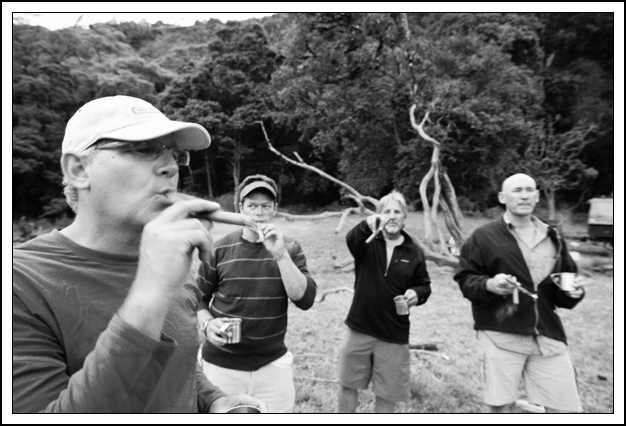
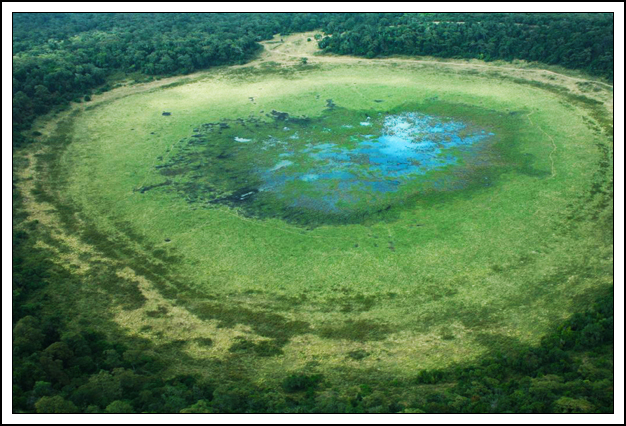
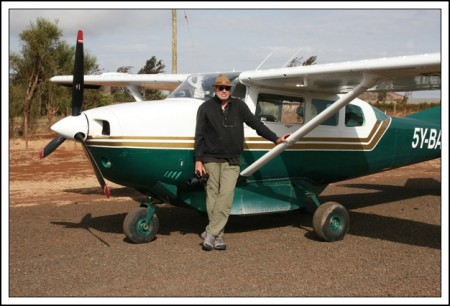
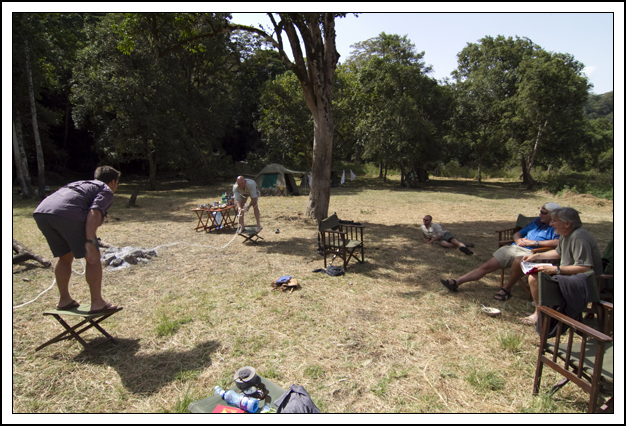

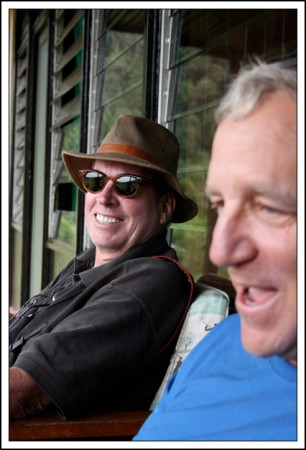
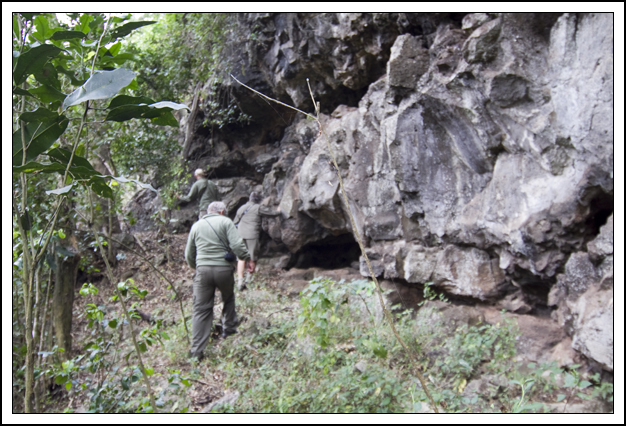
Recent Comments